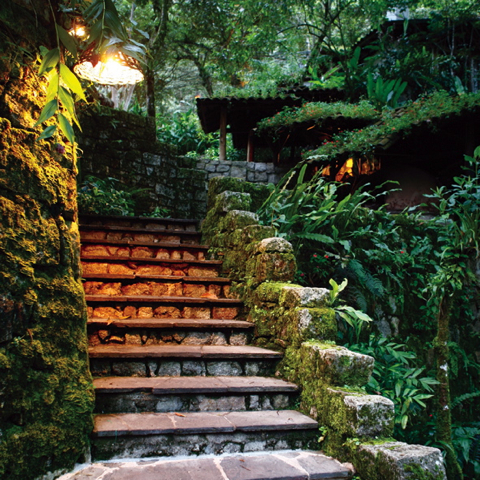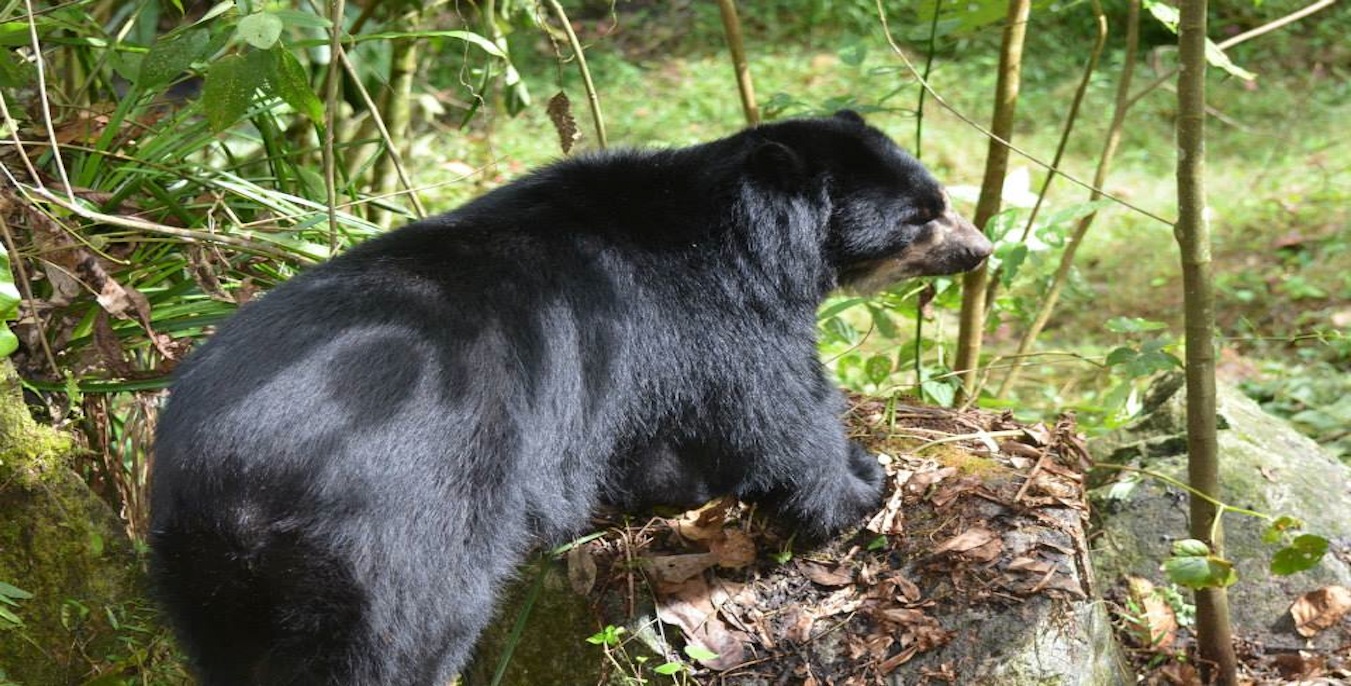22/04/2013
Today, across the world, communities are celebrating UNESCO World Earth Day: an annual event to demonstrate support for environmental protection. It is now coordinated globally by the Earth Day Network and is celebrated in more than 192 countries every year. The environment and sustainability has been at the forefront of our decisions here at Inkaterra since our inauguration in 1975, and we continue to integrate sustainable business practices into all aspects of our operations.
Here are some of our core initiatives that we undertake to ensure a healthy future for our planet. Our world is a beautiful place so let’s take the steps towards to ensure future generations will have the chance to experience it also.
1. Creation of the Inkaterra Association: In 2001, we established the NGO INKATERRA Association (ITA), which develops scientific, technological, social, and cultural research to help manage and protect the biodiversity of Peru’s Andes and Amazon Rainforest.
2. Carbon Neutral: Since 1989, we have belonged to a carbon stock-monitoring network with the University of Leeds (UK); and in 2007, Inkaterra became Peru’s first carbon-neutral travel organisation. We protect more than 42,000 acres of original forest, which helps to directly reduce 3,315,000 tons of carbon. All Inkaterra hotels use clean technology and sustainable practices to ensure that each guest has a 100% carbon-neutral stay.

3. Eco-friendly products: Over the years Inkaterra has substantially increased the amount of eco-friendly and biodegradable cleaning products used at each hotel. Additionally, all in-room amenities are organic and eco-friendly, and bottles are made from recycled glass.
4. Water Conservation: It is a goal of ours to measure, control and decrease overall water consumption at all properties. We are verified by the Rainforest Alliance, and we also organise an annual cleaning campaign for the Vilcanota, Alccamayo and Madre de Dios riverbanks.
5. Recycling: Eco-consciousness is a company-wide practice here at Inkaterra, and the headquarters in Lima follows suit by actively recycling paper.
6. Conserving Trees: For the next 30 years, Inkaterra is managing five Forestry Concessions throughout Peru for conservation, research and educational purposes. Inventories of flora and fauna will be regularly taken and various environmental education workshops and volunteer activities will be available on a regular basis. Wildlife: Before Inkaterra Machu Picchu Pueblo Hotel was built, the area was only used for cattle; after the restoration took place, numerous native species of birds and other wildlife began to re-appear. Today there are constant wildlife sightings, including the endangered Spectacled Bear and several types of hummingbirds. We founded a Spectacled Bear Project in order to rehabilitate these bears, many of which have been harmed or affected by human impact.

8. Energy Consumption: Each Inkaterra property has an employee responsible for managing and monitoring energy (as well as water, waste and other sustainable-related activities). We have a strict energy consumption policy, and employees are required to attend training sessions and lectures to make sure they are constantly up-to-date with information.
9. Responsible Construction Methods: All Inkaterra properties are built using the least amount of energy and new materials possible. At Inkaterra’s newest property, Hacienda Urubamba – scheduled to open in late 2013/early 2014 – only basic modern machinery is being used during construction. Traditional techniques and tools will be implemented whenever possible, such as using oxen and tacclas (an Andean foot plough) to plough the fields, whilst 14 acres of the land will be dedicated to cultivating 100% carbon-free organic products.
10. Education: Inkaterra offers many workshops and programs for local children (as well as adults) centred on the importance of sustaining the environment. Inkaterra Machu Picchu Pueblo Hotel holds an Environmental Education Workshop for local children run by the Inkaterra Association (ITA).
11. The Inkaterra Canopy & Anaconda Walk: This system of bridges, platforms and towers at Inkaterra Reserva Amazonica offers an expansive window into the world of the tropical rainforest, enabling guests to better understand the area’s vast ecosystem without causing a carbon footprint. Nature experts at Inkaterra constantly monitor and study wildlife, endangered ecosystems as well as flora and fauna in the area.
12. Staying Local: Many of the products used in Inkaterra hotels are purchased from local suppliers, which enhances the economy of these communities and cuts down on transportation. The majority of produce at Inkaterra comes from local farms that are run by both the Inkaterra Association and nearby native communities.
What are you doing to help towards the future of our planet? Share your thoughts with us on twitter #WorldEarthDay
22.4.13
